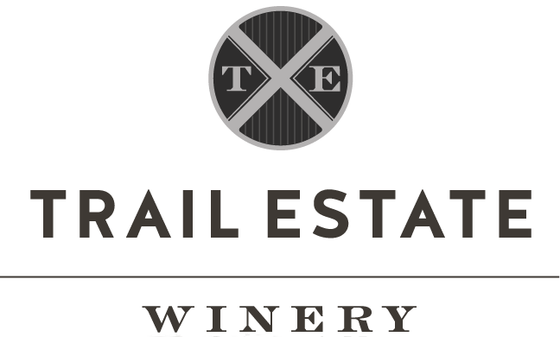You say you want a revolution?
-
Perhaps it is time you checked out Amber Revolution by Simon J Woolf. It is only the hottest new book about white wines fermented on their skins and Trail Estate Winery is featured within its pages!
-
“This book focuses only on wines made with white grapes treated as if they were red, fermented together with their skins (and sometimes stems, too) for a period of multiple days, weeks or months.”
-
The technique of using grape skins during fermentation is an age-old technique and in recent years it has become very popular. There are people who think skin contact wine is crazy and that it is a fad or that it gets in the way of terroir, but Taylor Swift said it best, “the haters gonna hate hate hate hate hate.”
-
It is without a doubt that this new category, Orange Wine is here to stay.
-
“...Orange wine’s time has well and truly come; bottles are proudly displayed on the shelves of countless independent wine merchants, in fashionable wine bars and top-flight restaurants as never before.” (Amber Revolution)
-
I like having the flexibility to determine technique based on the grapes that I have, which means the decision to use skin contact will happen when the fruit reaches my crush pad. Having first made skin fermented wines in 2015 I have now narrowed down some of the styles and vineyards that take to the technique. I make an orange wine, left on the skins for months and bottled without fining, filtration or sulphur and it is very popular, is pretty funky and has that orange/amber colour that is desired.
I also craft what I consider to be skin-fermented whites (instead of Orange) and this is what we are going to explore this month! They are a combination of old and new winemaking. I use natural yeast to ferment while on skins, no temperature control and I gently immerse the skins with the fermenting juice daily. Once I separate the skins I craft them like conventional wines to retain the fresh and fruity aromatics. The resulting wines are poised, full of flavour and structure and an accurate reflection of vintage differences.
-
All three of the wines included this month are from the same vineyard, picked the same day, processed and fermented together. Natural fermentation in stainless steel tanks, pressed after 13 days on the skins. Sulphured to inhibit malolactic fermentation and to retain vibrancy in the wine. One wine is bottled right away while the other two go back into two barrels for eleven months, leading to divergent, yet fascinating results.
-
2017 Hughes Skin Contact Riesling
2017 Hughes Skin Contact, Barrel-Aged Riesling — “Earth”
2017 Hughes Skin Contact, Barrel-Aged Riesling — “Heaven”
Close (esc)
THANK YOU FOR SUPPORTING LOCAL!
Terroir is not just the soils, but also the people, environment and making of every bottle. Each bottle you enjoy is validation of all the work we put in to the vineyard — and the community built around us. Join us in enjoying and exploring our local terroir!
Subscribe here and be the first to know of new wine releases & events! Cheers!
HOLD ON THERE, KIDS
By clicking enter you are verifying that you are old enough to consume alcohol.
